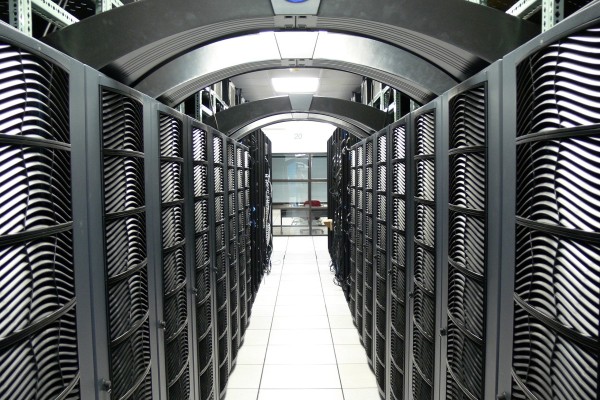-

Water woes from data centres
As artificial intelligence grows, data centres are consuming vast amounts of water for cooling and electricity. Often hidden behind corporate secrecy, this demand strains local supplies, pits tech giants against farmers, and fuels conflicts worldwide. Canada is only beginning to confront the environmental costs of hosting such facilities.
-

Opposition to AI is a key path to renewal for the NDP
In charting its path forward, the NDP should place a bold opposition to AI at the heart of its political agenda. This stance must go beyond tepid calls for regulation or ethical oversight. It should reject the prevailing centrist narrative: that governments must embrace AI uncritically or risk being left behind in the presumed march of technological progress.
-

Carney caves to Trump and the tech industry
Digital services taxes have long been a target of the US tech industry. As multinational tech giants grow dominant in markets around the world, governments have introduced these taxes to address a glaring issue: despite generating substantial revenues abroad, these companies often pay minimal tax by shifting profits to low-tax jurisdictions.
-

Why Carney is right to keep the digital services tax
Keeping the digital services tax is a sorely needed step in the right direction, but it is just one step. As Canadians for Tax Fairness Executive Director Jared A. Walker writes, to build a more independent and resilient Canada, we need an equitable and just tax system that works for the vast majority of Canadians.
-

Move fast and break kings
There is another policy response to tariffs, one that will substantially lower prices for Canadians, while incubating profitable, export-oriented Canadian tech firms, whose products can be sold by community-based small and medium enterprises, to the benefit of the Canadian news and culture industry, Canadian software firms, and Canadian consumers.
-

The dangerous acceleration of remote-controlled warfare
We should not blindly accept what tech companies and their benefactors in government and the weapons industry impose, nor should we fuel AI-enabled wars as consumers. We need to scrutinize this paradigm shift and, at the very least, understand how these technologies endanger human life and may ultimately defy human nature as we know it.
-

Less can mean more: Reducing energy consumption to manage the climate crisis
We need to contend with the intersections of capitalism, patriarchy, colonialism, racism, and democracy, and raise fundamental questions about whether what has been called the “imperial mode of living” is the best and only way to live, especially since the privileged way of life in the Global North comes at the expense of other people elsewhere in the world and at the cost of our planet.
-

Cory Doctorow: Blasting through Big Tech’s ‘walled gardens’
Cory Doctorow’s The Internet Con explains how the promise of a free and open internet was lost to predatory business practices and the rush to commodify our lives. In this excerpt, he explains how the history of technology is one long guerrilla fight where the giants wield network effects against scrappy upstarts whose asymmetrical warfare weapon of choice is low switching costs.
-
_600_400_90_s_c1.jpeg)
Capturing carbon with machines is a failure—so why is it being subsidized?
The science tells us that policymakers and investors have so far been wrong to advocate so strongly for mechanical carbon-dioxide removal (CDR) solutions to the detriment of biological ones. The fate of future generations is at stake, and we cannot afford to waste both time and money on techno-fixes that are ineffective at achieving our climate goals.
-

Ottawa should nationalize the Medicago vaccine plant
It would be quite innovative for the government to acquire the Medicago vaccine plant they already paid for. This would provide Canada with something it hasn’t had since the mid-1980s: a domestic vaccine production facility. Not only could Canada then produce its own COVID vaccine, it could use the plant-based vaccine production process to create other essential vaccines.



